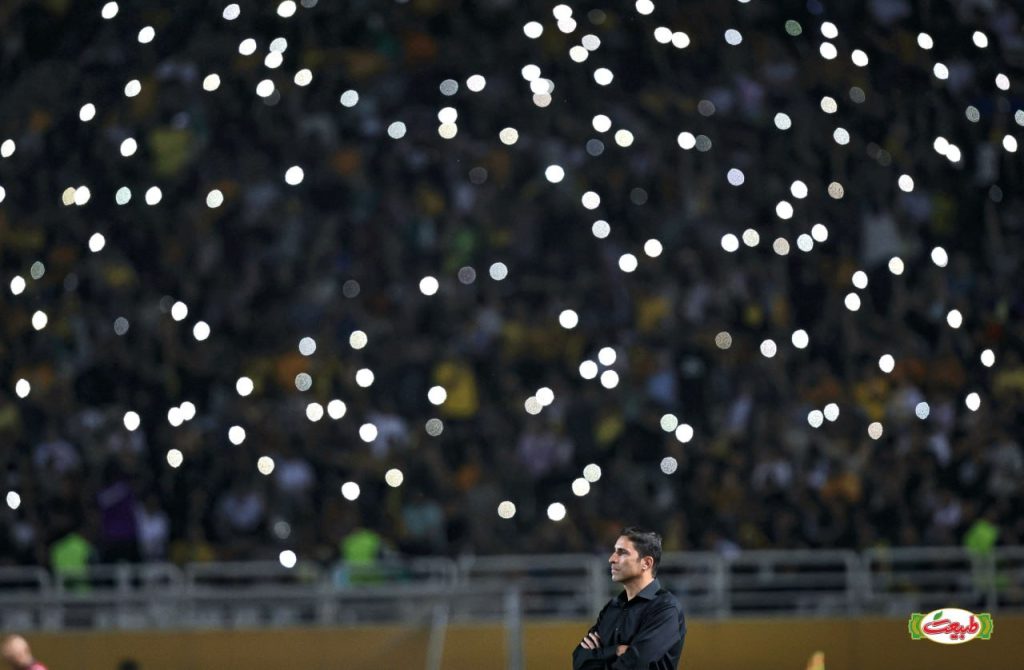
Persepolis Supporters Voice Mixed Reactions to Coach Vahid Hashemian’s Tenure
A wave of discussion has swept through the fanbase of the prominent Iranian football club Persepolis, centering on the performance and public statements of head coach Vahid Hashemian. The debate, primarily unfolding on social media platforms, highlights a growing divide among supporters regarding the team’s direction and management.
A Clash of Perspectives
The core of the debate stems from the coach’s consistently optimistic public assessments of the team’s condition. A significant number of fans have expressed frustration, arguing that this perceived over-optimism is detrimental, especially when clear deficiencies are evident on the field. They contend that a public display of satisfaction from the leadership removes the necessary pressure for improvement and fails to hold the team accountable for subpar performances, ultimately affecting results.
This sentiment was captured by one fan who stated, “When a coach is always satisfied with the team’s situation, the management does not feel the necessary pressure to improve performance.” Another pointedly criticized recent technical decisions and player selections, questioning the efficacy of new signings and the logic behind certain lineup choices.
Defending the Strategy
However, the conversation is not one-sided. A contingent of supporters has risen to defend Coach Hashemian, urging patience and perspective. They point to external challenges, including injuries to key players and other constraints, as significant factors impacting the team’s performance. These fans emphasize his role as a young coach implementing a modern system and argue that the team’s style of play shows promise and clear tactical understanding.
One supporter countered the critics, writing, “When we talk about rejuvenation in football, this includes a young coach. As a young coach, Hashemian’s team does not play badly; it is clear that he has control over his team.” This defense frames the current period as one of building and development rather than immediate crisis.
The Underlying Pressure
The intensity of the online discourse underscores the immense passion and high expectations surrounding one of Iran’s most popular football institutions. The demand for victory is perpetual, and every decision is scrutinized. Comments from fans reflect this pressure, with many stating that the ultimate judgment will be based solely on winning the championship at the end of the season, with one fan succinctly noting, “Only the championship matters.”
The ongoing dialogue between critics and defenders of Coach Hashemian represents a microcosm of fan engagement in modern sports, where immediate reaction on social media shapes narratives and adds a layer of public scrutiny to managerial roles. The club’s performance in upcoming matches will likely be the decisive factor in which perspective gains the upper hand in this fervent debate.


